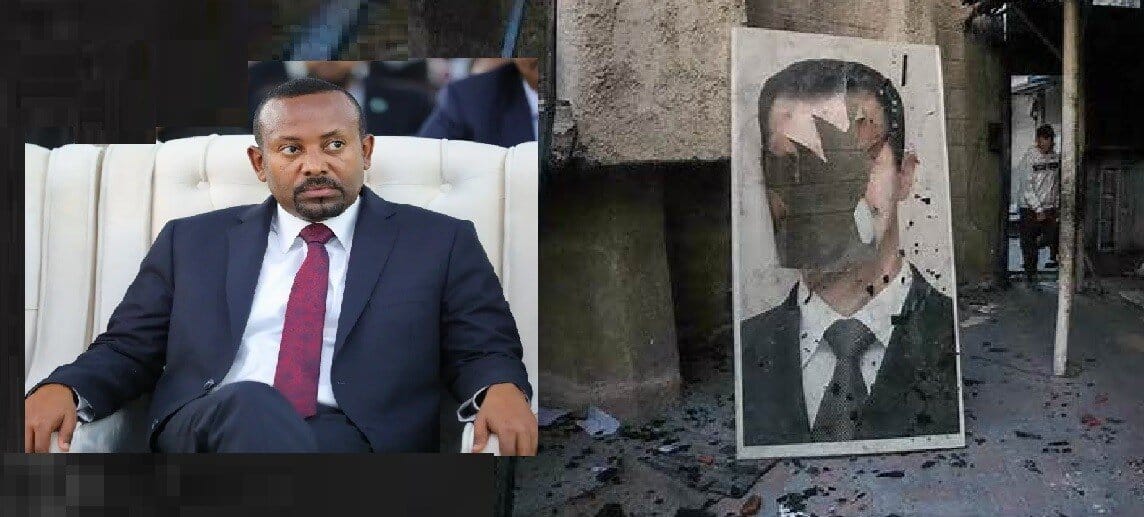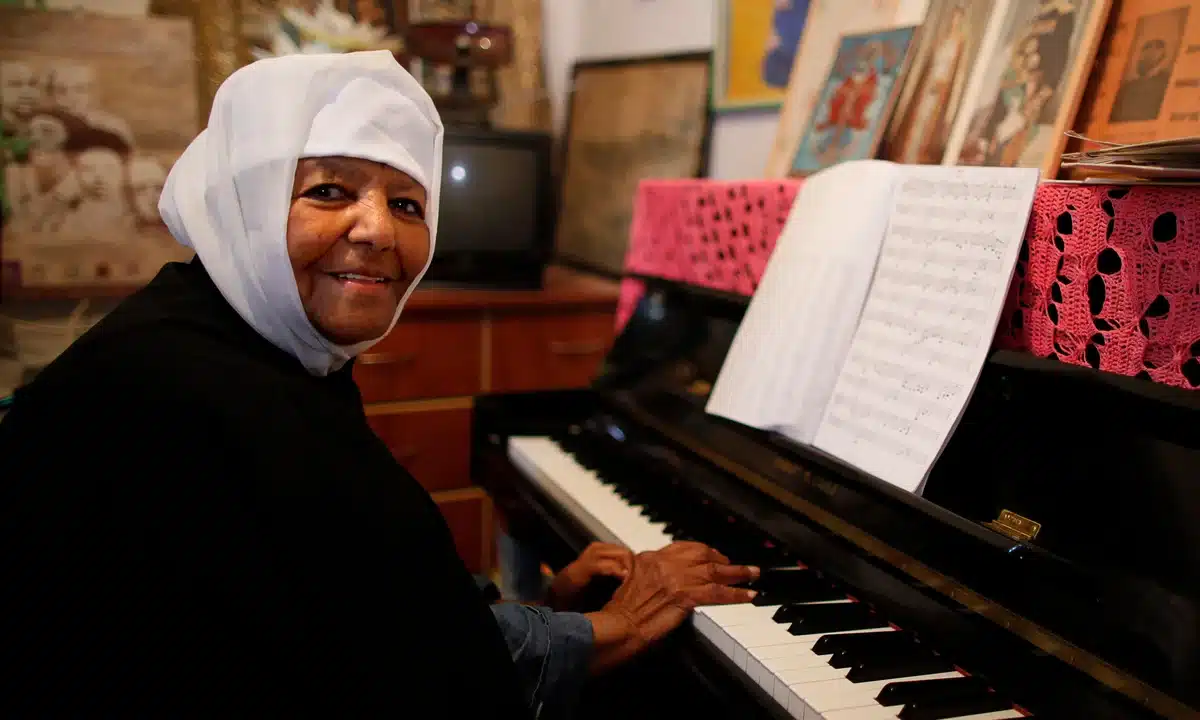Agence France-Presse in Addis Ababa
November 14, 2020
Fears fighting in country’s north could reopen long-running feuds and spread across national borders
Leaders of Tigray in Ethiopia’s north on Saturday claimed responsibility for rocket attacks on two airports in a nearby region and threatened to strike neighbouring Eritrea, raising concerns that the escalating conflict could spread across national borders.
The attacks – and threats of more – fuelled concern that a conflict Ethiopian prime minister Abiy Ahmed vowed would be quick and contained could instead snowball and destabilise the broader Horn of Africa region.
Abiy, the winner of last year’s Nobel Peace Prize, announced last week he had ordered military operations in Tigray, saying the move came in response to attacks on federal military camps by the regional ruling party, the Tigray People’s Liberation Front (TPLF).
Hundreds of people were reported to have been killed in the conflict in Africa’s second most populous country, some in a gruesome massacre documented by Amnesty International. Thousands have fled fighting and air strikes in Tigray, whose leaders Abiy accuses of seeking to destabilise the country. As of Friday evening, at least 21,000 Ethiopians had fled across the border into Sudan, according to Sudan’s refugee agency.
The strikes on airports took place on Friday night in two cities in Tigray’s neighbouring Amhara region, Bahir Dar and Gondar. The federal government acknowledged that “the airport areas have sustained damages”, while a doctor in Gondar said two soldiers were killed and up to 15 injured.
“Yesterday evening we’ve inflicted heavy damages on the military components of the Gondar and Bahir Dar airports,” Getachew Reda, a senior member of the TPLF, said. He reiterated claims by the TPLF that Eritrean soldiers were involved in the fighting, which Ethiopia denies.
Getachew said the TPLF would not hesitate to strike locations inside Eritrea – Ethiopia’s traditional foe – including its capital, Asmara. “Whether they lift from Asmara or Bahir Dar to attack Tigray … we will commit retaliatory measures. We will undertake missile attacks on selected targets in addition to the airports,” Getachew said. “We will conduct missile attacks to foil military movements in Massawa and Asmara,” he added.
Ethiopia and Eritrea fought a brutal border war from 1998-2000 that left tens of thousands dead.
Abiy won his Nobel in large part for taking steps to end the nearly two-decade stalemate that followed. His government said the TPLF needed to be disarmed before negotiations could begin, frustrating world leaders who were calling for an immediate cessation of hostilities.
Abiy on Friday declared the TPLF was in the “throes of death”, but the party vowed to fight on.
A communications blackout in the region made it difficult to assess competing claims about the fighting. Military officials vowed to keep the conflict contained in Tigray, and Abiy repeatedly promised a quick, decisive victory.
But Amhara and Tigray are embroiled in long-running disputes over land along their shared border which analysts worry could draw Amhara into the conflict. Thousands of Amhara militiamen have headed towards Tigray to fight alongside federal forces, according to the region’s security officials.
Both Bahir Dar and Gondar were calm on Saturday morning, residents said. Describing the airport attacks, one resident of Bahir Dar told AFP there were “two heavy explosions around 10.50pm”. “After that there was gunfire for 15 minutes, and then it went quiet,” the resident said.
Humanitarian workers warn Tigray is facing a major crisis. Tigrayan leader Debretsion Gebremichael said hundreds of thousands were displaced within the region, along with the thousands who have already reached Sudan.
“We can’t reach the people we need to provide services to,” Catherine Sozi, the UN’s resident and humanitarian coordinator in Ethiopia, told AFP Friday, citing the communications blackout, road closures and shortages of water, fuel and cash. “We’re concerned that every hour, every day that the conflict continues, the most vulnerable people become even more vulnerable.”
The UN was lobbying Abiy’s government for full humanitarian access.
The TPLF dominated Ethiopian politics for nearly three decades before Abiy took office in 2018 on the back of several years of anti-government protests. Since then, the TPLF has complained of being sidelined and scapegoated for the country’s woes.
The feud grew more bitter after Tigray went ahead with its own elections in September – defying a nationwide ban on all polls imposed because of the coronavirus pandemic – and tried to brand Abiy an illegitimate ruler.















